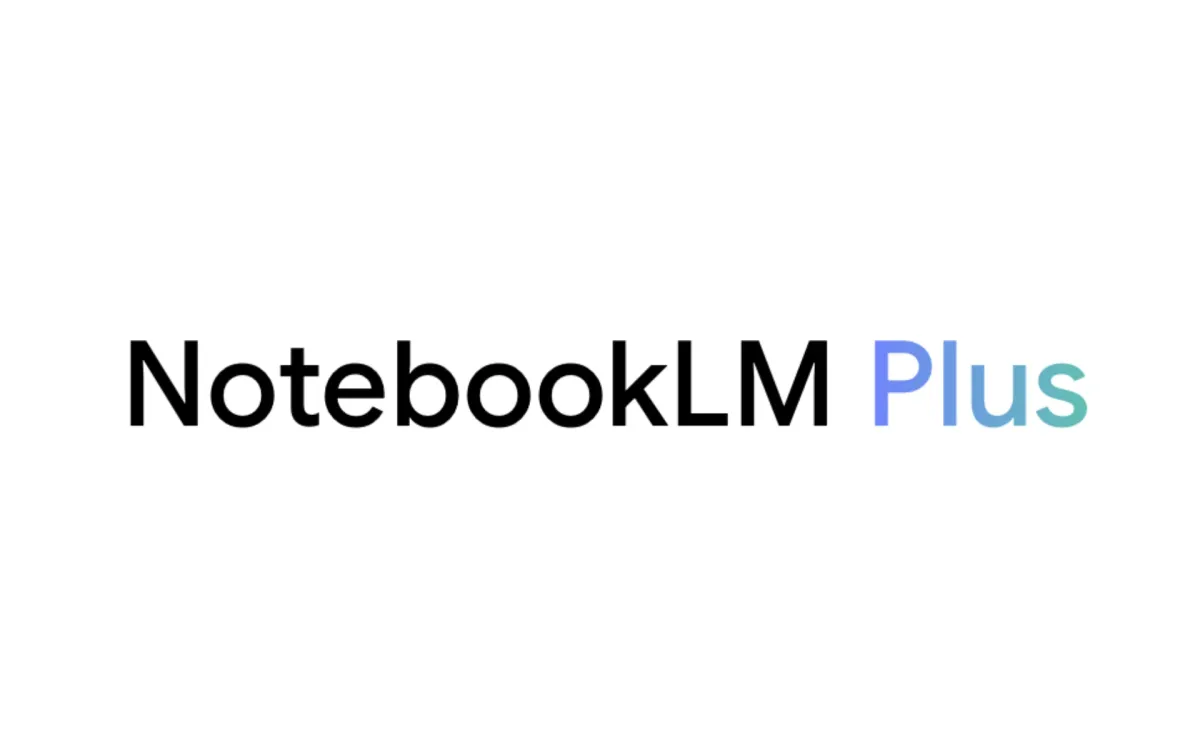
In a significant expansion announced two days ago, on December 13, 2024, Google unveiled NotebookLM Plus, a premium version of its AI research assistant, alongside new interactive audio capabilities. The announcement marks a strategic shift toward enterprise and educational institutions.
According to Steven Johnson, Editorial Director at Google Labs, millions of users and tens of thousands of organizations globally utilize the platform. The expansion introduces experimental features powered by Gemini 2.0 Flash, focusing on enhanced content management and generation capabilities.
The platform's redesign introduces three distinct operational areas. The Sources panel manages project information, while the Chat panel facilitates AI-driven discussions with citation support. The Studio panel enables single-click creation of study guides, briefing documents, and audio overviews.
Statistical data from the announcement indicates substantial user engagement. Over the past three months, users have generated more than 350 years worth of Audio Overviews, demonstrating significant adoption of the audio feature.
The newly introduced interactive mode, currently in beta, allows users to engage directly with AI hosts during Audio Overviews. This feature enables real-time questions and explanations, though the company acknowledges potential limitations, including occasional awkward pauses and possible inaccuracies in responses.
NotebookLM Plus introduces substantial capacity increases across key features. Subscribers receive five times more Audio Overviews, notebooks, and sources per notebook compared to the standard version. The premium tier also provides customization options for notebook responses and introduces analytical capabilities for team usage.
Enterprise-grade protection forms a core component of the Plus offering. The service will be available through multiple channels: Google Workspace for businesses, schools, and universities; Google Cloud for enterprise customers; and planned integration with Google One AI Premium in early 2025.
The base version of NotebookLM maintains its free tier for individual users, offering core functionalities including PDF uploads, website integration, and compatibility with Google Docs and Slides. The system supports YouTube URL processing and provides citation-backed answers to user queries.
The technical architecture leverages Gemini 2.0 technology, enabling complex document analysis and interaction. The platform processes various content formats, generating summaries, FAQs, timelines, and briefing documents automatically.
For organizational deployment, NotebookLM Plus targets specific use cases across departments. Sales teams can utilize it for product information and competitor analysis management. Training departments can streamline onboarding processes through automated content organization. Marketing teams gain tools for content transformation and consistency maintenance.
The platform addresses privacy concerns through specific data handling protocols. According to the announcement, organizational data remains private and accessible only to designated users, with no utilization for system training purposes.
Development teams can employ the platform for centralizing product specifications, design documents, and user feedback. Customer support functions benefit from streamlined access to help center articles and FAQs, while educational institutions can generate study guides and discussion questions.
Companies including Deloitte, Shopify, and Movement have implemented the platform, indicating adoption across various industry sectors. The rollout of new features begins immediately, with gradual implementation of experimental capabilities to facilitate user feedback and system refinement.
Technical limitations exist in the current beta release. The interactive audio feature operates only on newly created Audio Overviews, and the company actively solicits user feedback through its Discord channel for system improvement.
The platform maintains compatibility with existing Google ecosystem products while introducing new standalone capabilities. This strategic positioning indicates a focus on enterprise-scale deployment while maintaining accessibility for individual users.

